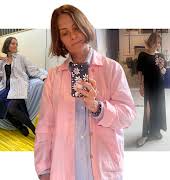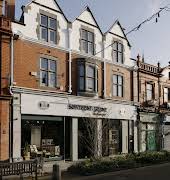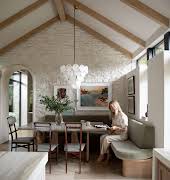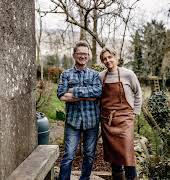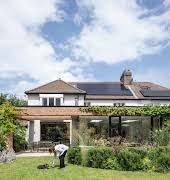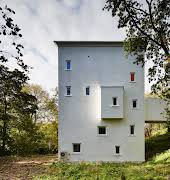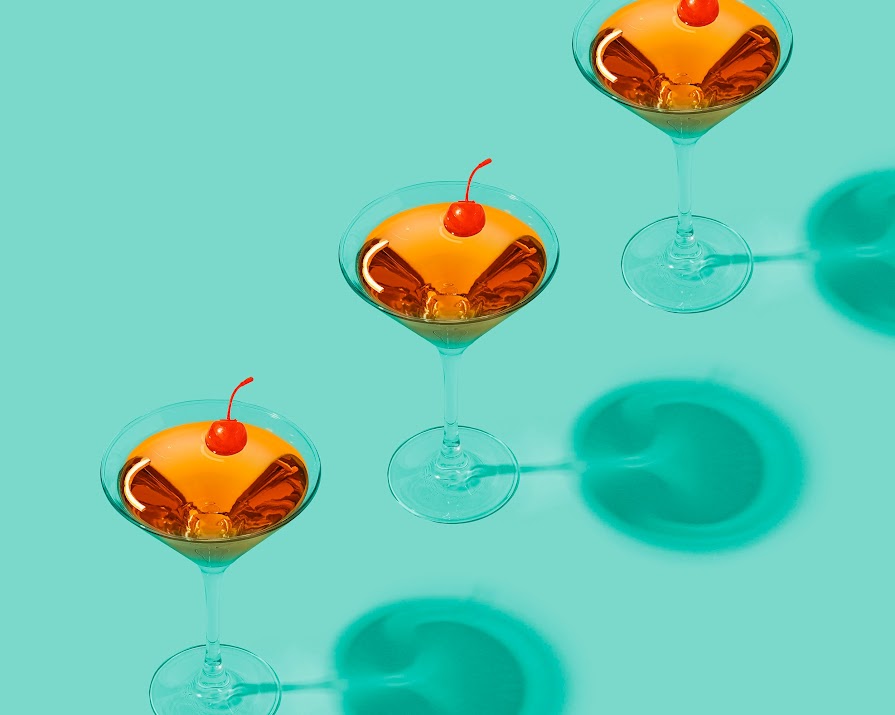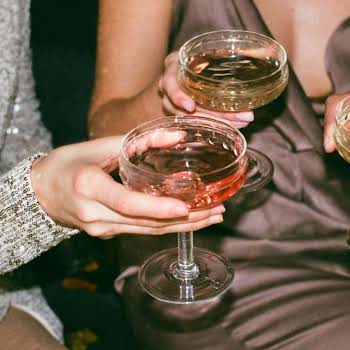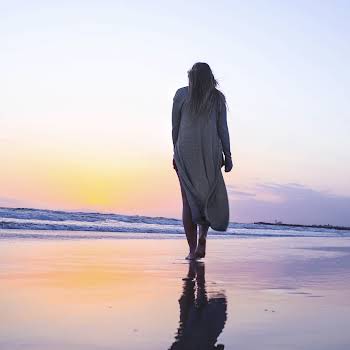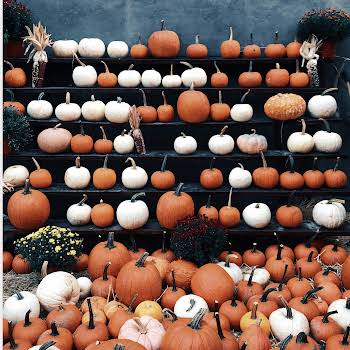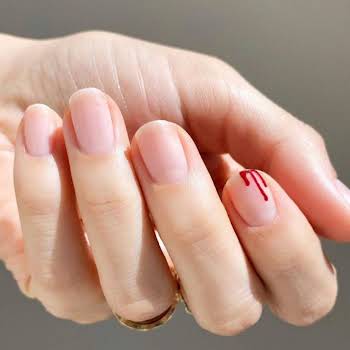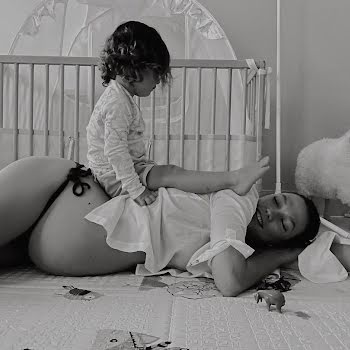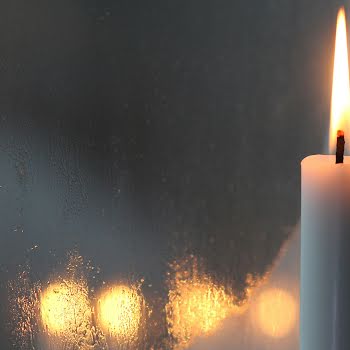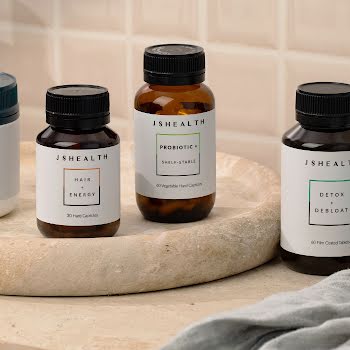
Sober October? Why you should try a detached relationship with alcohol
By Niamh Ennis
24th Oct 2023
24th Oct 2023
The first time it happened by accident. I’d no grand plan to do it, it wasn’t pre-meditated, but I do remember spending quite a bit of time contemplating what it might be like to at least try it. That was six years ago now and I’ve completed it every year since. I’ll be honest though, these days I can reach the end of a month and not realise that I’ve just completed a sober March or a sober August, such is my detached relationship with alcohol.
However, it wasn’t always this way. I’m well aware that age, or alleged maturity, has also been a contributing factor and that those opportunities to stay out partying until the small hours, have all but disappeared. Yet alcohol always meant more to me than that and the connection between the late nights and the amount of alcohol consumed, was always very real to me. It became part of me.
In my twenties, I was so eager to please and didn’t want to be appear different in any way. While that, in itself, is not unusual, I managed to convince myself that people preferred and therefore expected me to be the fun, hyper, slightly chaotic version of myself and to deliver this I needed the fuel to sustain that image. The end result was that I would be included in all social gatherings and I loved that because it made me feel wanted and that I belonged. It took me quite a while to recognise that for far too long I was confusing belonging with fitting in.
American author and professor, Brené Brown, defines belonging as “being part of something bigger but also having the courage to stand alone, and to belong to yourself above all else.” It’s true that we are each hard-wired for belonging; at our very core, we just want other people to see us and love us for who we are. It sounds simple but, of course, it’s not. We go on to further complicate it by changing ourselves in order to fit in. We do things purely because they may meet the approval of others rather than because it is what we know we want to do.
Not a lot changed as I moved into my next decade with me continuing to repeat this same pattern. I didn’t know how to separate socialising with partying hard. I couldn’t find my off button and, if I’m being honest, I didn’t spend too much time looking for it. I didn’t even consider that there might be a different way. If I wanted to belong, to be liked, to fit in, my belief was that I needed to keep doing what I was doing.
All that changed, when I lost several of those closest to me, including my fiancé, my dad, and my mum in a relatively short space of time. I was thrown into a long period of deep grief and I emerged from this looking to change the entire direction of my life. I wanted to make sense of why loss had come to my door and, for some reason, I clung to the idea that by changing my career, and choosing to help others navigate their personal challenges, I would find meaning. I did.
In choosing to change one thing I decided to change everything. I’d love to say that I made a deliberate decision to step away from alcohol but it’s not actually true. I did, however, realise that to implement any of these changes it required me having a clear head. At the same time, I also became very aware of surrounding myself with people who made me feel better about myself, not worse. What I wanted from my life was changing and that include alcohol. At last.
For me the real turning point was when I realised that I didn’t need it, to do what I wanted. I had needed it when I was doing what other people wanted me to do. I’m not a fan of labels and I’ll never describe myself as a non-drinker or a tee-totaller. I still enjoy a glass of wine, two maximum, with a nice meal but it’s now once a month rather than regularly. I have not endured a hangover in six years and that’s been the most joyous part.
Today, I simply focus on the numerous benefits of having released the hold it had over me and give thanks for the ease with which it happened. I know it’s not the same for everyone. Everything feels easier without alcohol. This sentiment is shared by alcohol-free mentor Olivia Farrelly (@greyareadrinker) who has been alcohol-free since July 2018 and now helps others to remove alcohol from their lives. “I didn’t reach a rock bottom with drinking; I simply came to a slow realisation that alcohol was taking more than it was giving. The goal of being alcohol-free isn’t to feel sad, boring or deprived, the goal is to love yourself and your life so much that you never need to drink again. I could never have imagined that removing one thing from my life would provide such profound changes, but that’s exactly what has happened to me. I feel so grateful to have been given this new lease of life. For all that it has given me, giving up alcohol is and will always remain the single greatest achievement of my lifetime. My relationships have also improved, especially the relationship I have with myself. I can honestly say now that I am a better wife, a better mother and I devote more passion and energy into my career. It gives me such joy to write this aged 43, that I just love who I have become since ditching the booze.”
In reality, you are not giving anything up by giving up alcohol, you are in fact changing so many parts of your life. You’re opening yourself up to new opportunities and giving yourself the greatest gift of all – clarity, and it’s right there you’ll find the real you, the one you’ve been searching for all along.
Niamh Ennis is Ireland’s leading Change & Transformation Coach and author of Get Unstuck who through her private practice, writings, programmes, workshops and podcast has inspired and helped thousands of people to make significant changes in their lives. She is an accredited Personal, Leadership & Executive Coach and the Lead Coach in the IMAGE Business Club. Niamh is currently accepting applications for her ‘3-month Bespoke 121 Coaching Programme called Strategy Meets Soul, starting January 2024. Follow Niamh on Instagram at @1niamhennis.
Photo by Amy Shamblen on Unsplash.

